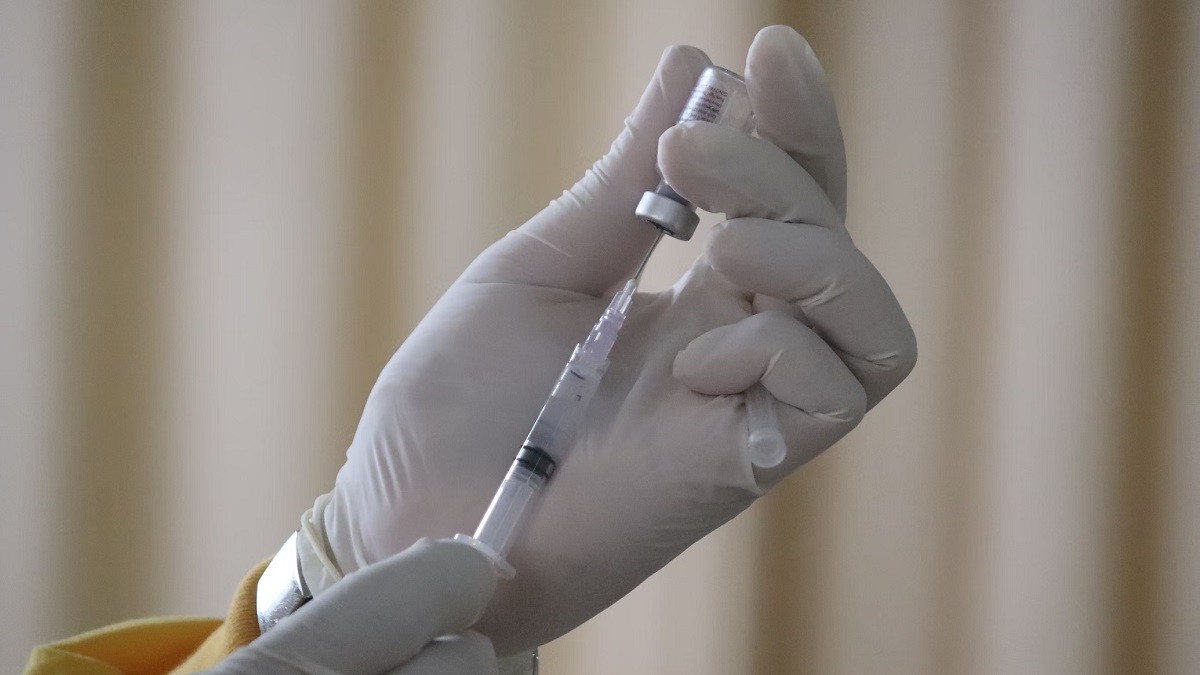Health
Vaccine expert: No need for young healthy people to get bivalent boosters

WHAT YOU NEED TO KNOW:
- One of the FDA’s top vaccine experts suggested that the CDC might be overselling the new bivalent boosters since not everyone needs them.
- Dr. Paul Offit said that only those who are immunocompromised, have chronic diseases, or are older than 75 will benefit the most from the new shots.
- He said that younger and healthier individuals will only receive minimal additional protection from the new shots, since the original vaccine doses are enough to prevent severe illness.
Debate concerning the new vaccine shots has sparked once more after a top vaccine expert suggested that the CDC is “overselling” the bivalent boosters since not everyone needs them.
The remarks were made by Dr. Paul Offit, director of the Vaccine Education Center at Children’s Hospital of Philadelphia, who is also among the FDA’s committee of outside vaccine experts.
He told Yahoo Finance that current evidence shows that the bivalent boosters will mostly benefit three main groups: individuals who are immunocompromised, have chronic diseases, or are older than 75. Meanwhile, the vaccine’s benefit wouldn’t be as strong for younger and healthier people.
Offit clarified that his comments don’t mean to suggest that younger people should not get the booster. He only meant that it would be a “low risk, low reward” situation.
Offit explained, “I just don’t think it’s going to make much of an impact in otherwise healthy young people. We really should focus on those three groups who are most likely to benefit, because the goal of the vaccine is to protect against serious illness. It’s the only reasonable goal, it’s the only attainable goal.”
Offit pointed out that unpredictable variants make it difficult to completely prevent transmission or mild illness, so attempting to do so by piling on boosters “doesn’t make a lot of sense.” He argued that it’s better to focus on providing protection against severe symptoms and death, which the original vaccine doses already provide.
He explained that the first vaccine doses have already trained our bodies to fight the virus, giving us long-term protection against severe illness, at least. So while the virus has mutated, the parts of it that our bodies can fight off following the vaccine have remained the same.
Offit stated, “Right now, the current vaccines work well.”
He concluded that until there emerges a variant that evades the current protection against severe illness, the original doses should remain effective.
Scientists have yet to determine how long the first three doses protect against severe disease and death. There is also more information needed about the bivalent boosters, since Moderna and Pfizer/BioNTech are still running clinical trials.
The new doses were authorized by the FDA based on data extrapolated from the BA.1 Omicron variant, which assumes that it also provides protection against the BA.4 and BA.5 variants.
Offit argued that the BA.1 data was not “clinically significant,” which meant only a slight improvement over the first doses. He added that he’s still waiting for “data showing that the bivalent vaccine is clearly and significantly better than the current monovalent vaccine.”
Source: Aol.com
